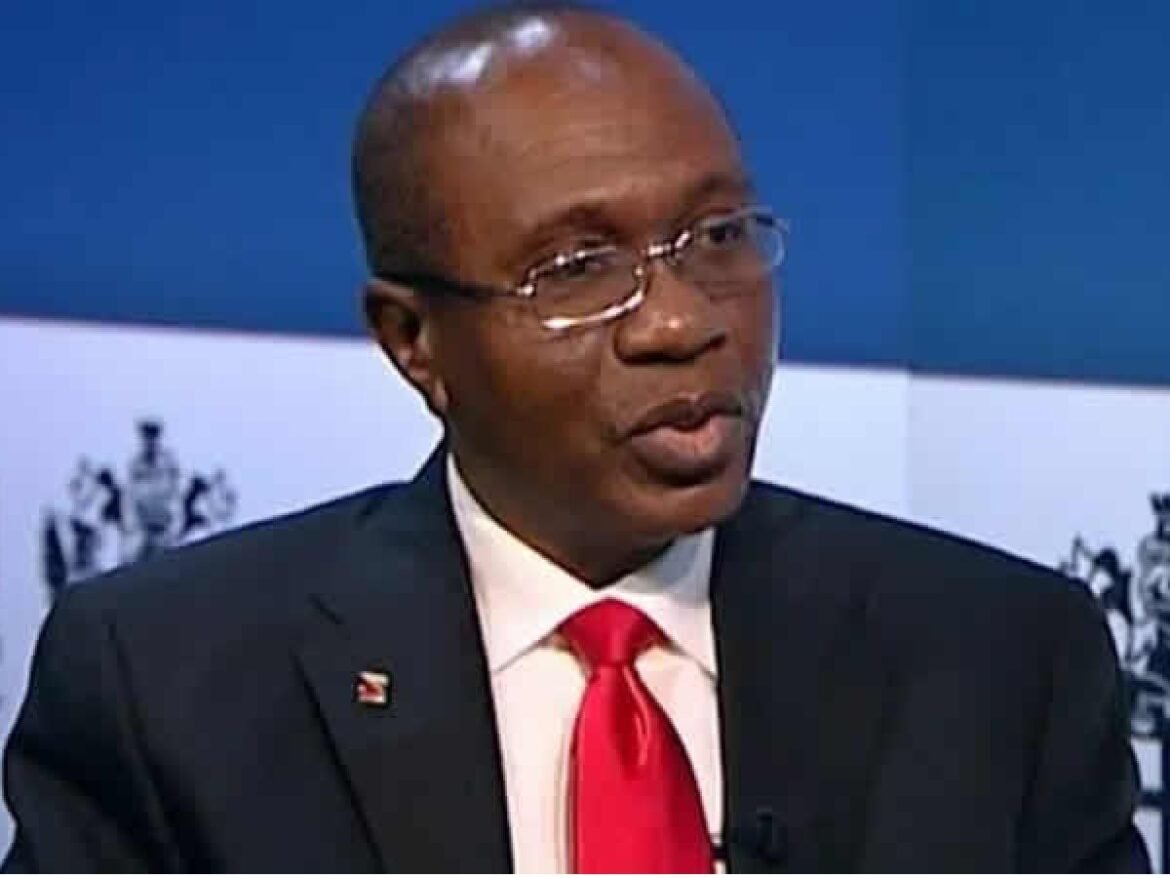The Monetary Policy Committee (MPC) of the Central Bank of Nigeria (CBN) has agreed to retain the Monetary Policy Ratio (MPR) at 11.5 per cent
Mr. Godwin Emefiele, CBN Governor, made this announcement on Friday at the conclusion of the two-day MPC meeting in Abuja.
Emefiele said that the committee also resolved to hold all other policy parameters constant.
The decisions reached by the MPC include retention of MPR at 11.50 per cent, retention of asymmetric corridor at +100/-700 bps around the MPR, retention of cash reserve ratio at 27.50 per cent and retention of Liquidity Ratio at 30 per cent.
Emefiele said that the bank’s continuous intervention in the agricultural sector would help to increase food production in the country and moderate the food inflation further.
The MPC is retaining the MPR at 11.5 per cent and holding all other parameters constant for the seventh consecutive time.
Meanwhile, an Economist, Mr Tope Fasua, said that retaining the MPR at 11.5 per cent and having all other parameters constant indicated that the apex bank was being cautious.
Fasua said that a change in the rates at this time could pose negative macro and microeconomic implications.
“Regarding the MPR, the CBN is still watching. If they drop the MPR now and the market takes a cue, inflation will rise. If the banks begin to lend money at lower rates, inflation will rise.
“They cannot afford to increase the rates now because that will hurt people who are borrowing from banks for business,” he said.
(NAN)








